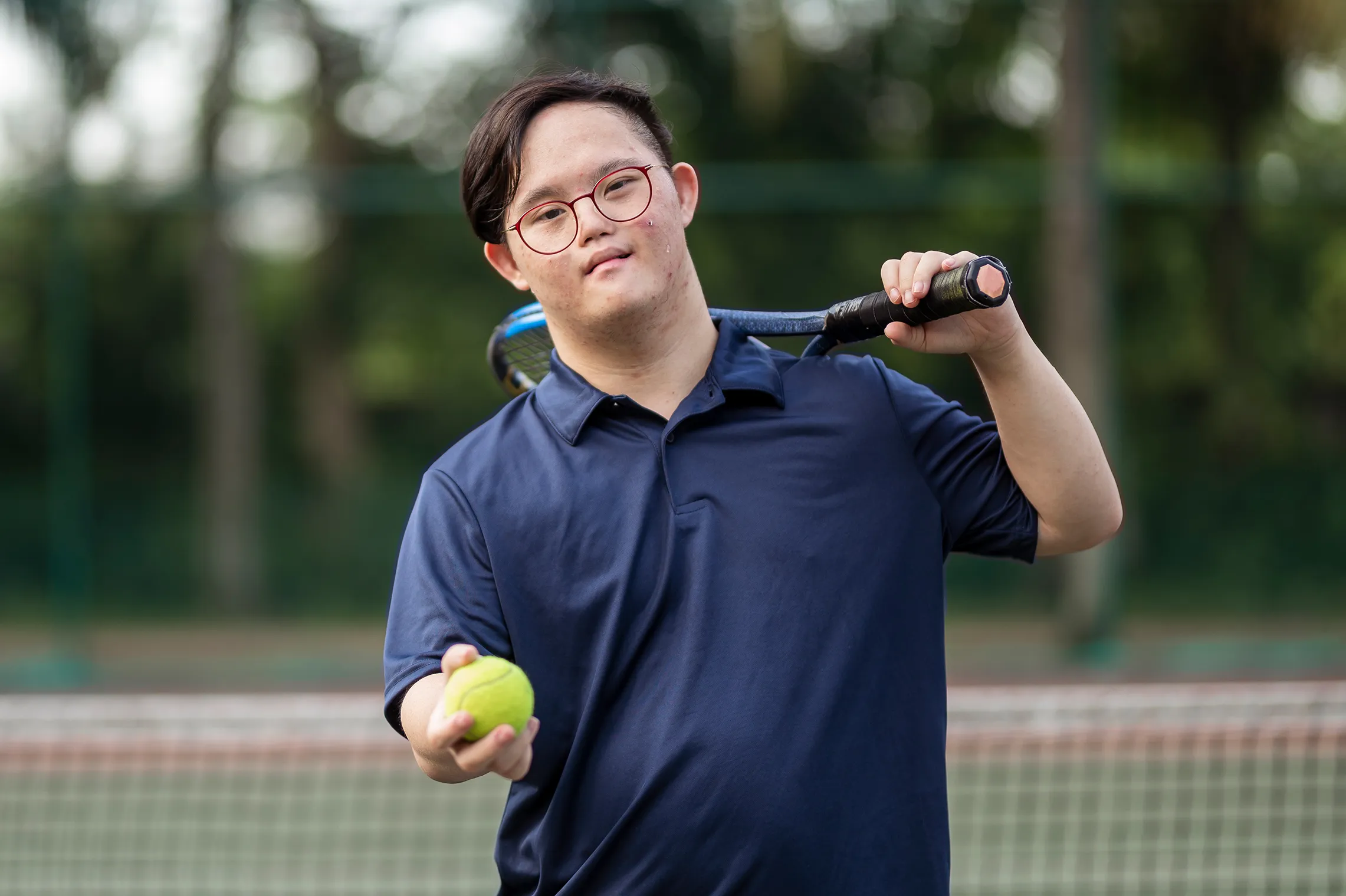
Therapeutic Horseback Riding: Building Confidence and Strength in Children with Disabilities
Therapeutic horseback riding, also known as equine-assisted therapy, is an innovative form of therapy that benefits children with disabilities by building physical strength, enhancing balance, and boosting confidence. Through structured riding sessions, children with conditions like autism, cerebral palsy, Down syndrome, and other developmental disabilities experience a unique blend of physical and emotional benefits. In New Jersey, therapeutic horseback riding programs provide a welcoming environment where children can grow and thrive. In this post, we’ll explore the advantages of therapeutic horseback riding and how Kindly can support families in accessing this transformative therapy.
The Benefits of Therapeutic Horseback Riding for Children with Disabilities
Physical Strength and Coordination
Therapeutic horseback riding helps children with disabilities develop core strength, balance, and muscle coordination. Riding a horse requires constant muscle engagement, particularly in the legs, core, and back. For children with cerebral palsy, Down syndrome, and other physical disabilities, this activity provides a full-body workout in a controlled and enjoyable setting.
The rhythmic movement of the horse’s gait mimics the natural movement of walking, which can be beneficial for children with limited mobility or coordination challenges. According to PATH International, an organization that promotes equine-assisted activities and therapies, horseback riding encourages better posture, improved joint movement, and increased flexibility.
Enhanced Social and Emotional Skills
Riding a horse is not just a physical activity; it fosters social and emotional growth as well. Therapeutic horseback riding often involves interactions with instructors, volunteers, and other riders, which help children develop social skills and build friendships. Children also learn to care for their horse, creating a unique bond that can improve empathy, responsibility, and self-esteem.
For children with autism or sensory processing disorders, horseback riding provides sensory input in a structured way. The horse’s movements, combined with the sensory experience of grooming or riding outdoors, can have a calming effect, improving focus and reducing anxiety.
Boosting Confidence and Independence
The sense of accomplishment that children feel when they learn to ride independently is profound. For many children with disabilities, therapeutic horseback riding may be one of the few activities where they feel in control. Learning to communicate with and guide a large animal can instill confidence and a sense of independence, positively impacting their self-esteem.
Programs like Special Strides in New Jersey emphasize this empowering aspect of therapeutic riding, providing individualized plans that allow children to learn at their own pace and celebrate their achievements.
Therapeutic Horseback Riding Programs in New Jersey
Special Strides
Located in Monroe, NJ, Special Strides is a well-known equine therapy center offering therapeutic riding sessions tailored to children with disabilities. Their team of certified therapeutic riding instructors and physical therapists designs custom programs that address each child’s specific needs, focusing on physical, emotional, and cognitive development.
Mane Stream
Another prominent program in New Jersey is Mane Stream, which offers adaptive riding and equine-assisted therapy services in Oldwick, NJ. Mane Stream’s program provides individualized sessions for children with disabilities, emphasizing both physical and social development. They also offer financial assistance options to make their services more accessible to families in need.
How Kindly Supports Families Seeking Therapeutic Riding
Kindly understands that finding the right therapy options for your child is essential. We provide families with the resources and guidance needed to explore therapeutic horseback riding programs in New Jersey and make informed decisions that best suit their child’s needs. Kindly can assist with program information, financial resources, and guidance on incorporating equine-assisted therapy into your child’s overall care plan.
How to Get Started with Therapeutic Horseback Riding
Talk to Your Child’s Healthcare Provider
Before beginning therapeutic horseback riding, consult your child’s healthcare provider to ensure it aligns with their physical and emotional needs. Many healthcare providers support equine therapy for children with disabilities due to its proven physical and mental benefits.
Reach Out to Local Riding Centers
Contact New Jersey therapeutic riding centers, such as Special Strides and Mane Stream, to inquire about their programs, fees, and session structures. These centers often offer tours, open houses, and trial sessions to give families a firsthand look at how therapeutic riding operates.
Consider Financial Assistance Options
Some programs offer financial assistance or sliding-scale fees to make therapeutic horseback riding more accessible to families. Kindly can help connect you with resources and assist you in exploring payment options, ensuring that financial constraints don’t prevent your child from experiencing the benefits of this unique therapy.
Building Confidence and Strength with Kindly’s Support
Therapeutic horseback riding provides a powerful combination of physical, emotional, and social benefits for children with disabilities. By engaging in this form of therapy, children can build confidence, improve strength, and enjoy a sense of independence. For families in New Jersey interested in therapeutic horseback riding, Kindly is here to support you with guidance, resources, and connections to reputable local programs.
Reach out to Kindly today to learn more about our services and how we can help you find the best therapeutic options for your child. With Kindly by your side, you can feel confident that you’re providing your child with empowering and enriching experiences.





